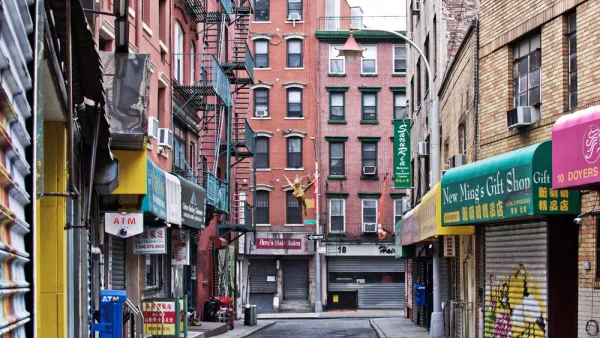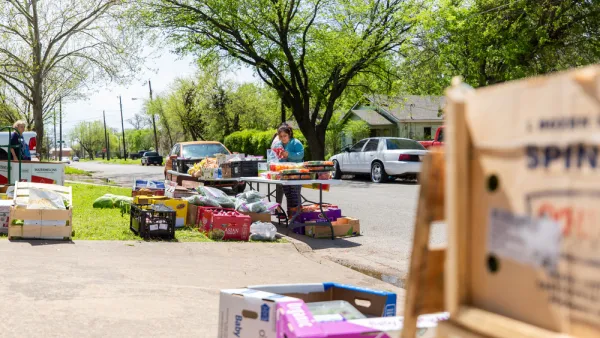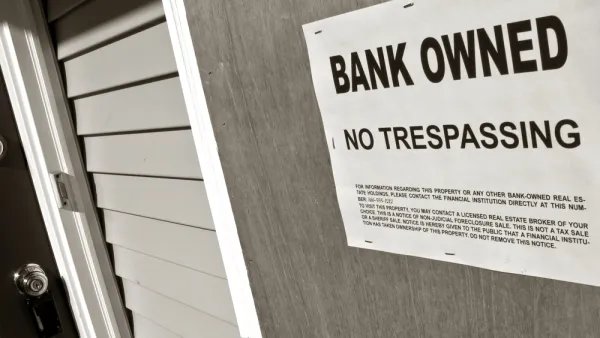Big cities suffered the worst economic effects if the pandemic as of March, according to April data from the U.S. Bureau of Labor Statistics.

"New data from the U.S. Bureau of Labor Statistics (BLS) offer the first comprehensive evidence of how responses to COVID-19’s spread began to affect metropolitan economies through mid-March," according to an article by Alan Berube.
"On April 3, that report indicated that the U.S. economy shed 701,000 jobs between mid-February and mid-March, and that the unemployment rate increased from 3.5% to 4.4%," according to Berube.
According to Berube, the primary takeaway from the new BLS data is of an unequal distribution of economic effects early in the pandemic. Job losses were concentrated in very large metropolitan areas—both in early hot spots of the disease (e.g., New York and Detroit) and in places under early, strict shot down requirements (e.g., San Francisco, Los Angeles, San Diego).
Earlier reporting on job losses at the local level noted that neighborhoods concentrating certain kinds of jobs (e.g., tourism and transportation) are experiencing the worst economic effects at the local level.
FULL STORY: Which city economies did COVID-19 damage first?

National Parks Layoffs Will Cause Communities to Lose Billions
Thousands of essential park workers were laid off this week, just before the busy spring break season.

Retro-silient?: America’s First “Eco-burb,” The Woodlands Turns 50
A master-planned community north of Houston offers lessons on green infrastructure and resilient design, but falls short of its founder’s lofty affordability and walkability goals.

Delivering for America Plan Will Downgrade Mail Service in at Least 49.5 Percent of Zip Codes
Republican and Democrat lawmakers criticize the plan for its disproportionate negative impact on rural communities.

Test News Post 1
This is a summary

Test News Headline 46
Test for the image on the front page.

Balancing Bombs and Butterflies: How the National Guard Protects a Rare Species
The National Guard at Fort Indiantown Gap uses GIS technology and land management strategies to balance military training with conservation efforts, ensuring the survival of the rare eastern regal fritillary butterfly.
Urban Design for Planners 1: Software Tools
This six-course series explores essential urban design concepts using open source software and equips planners with the tools they need to participate fully in the urban design process.
Planning for Universal Design
Learn the tools for implementing Universal Design in planning regulations.
EMC Planning Group, Inc.
Planetizen
Planetizen
Mpact (formerly Rail~Volution)
Great Falls Development Authority, Inc.
HUDs Office of Policy Development and Research
NYU Wagner Graduate School of Public Service





























